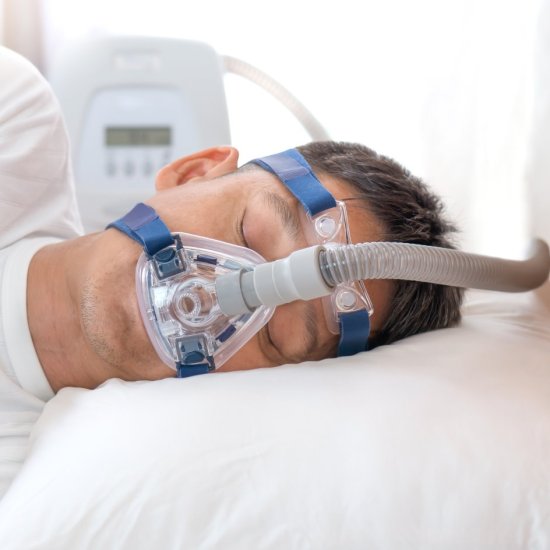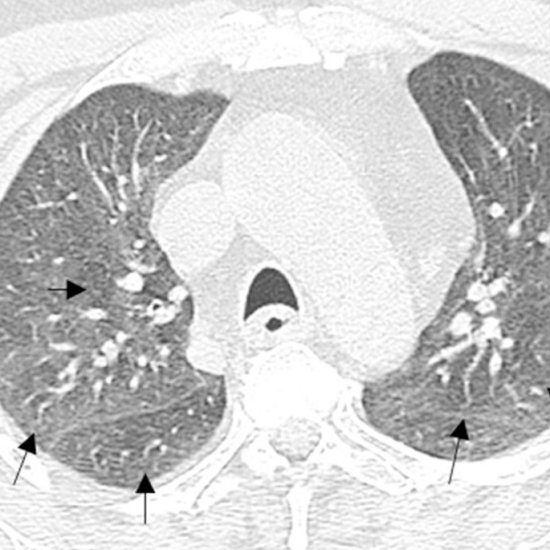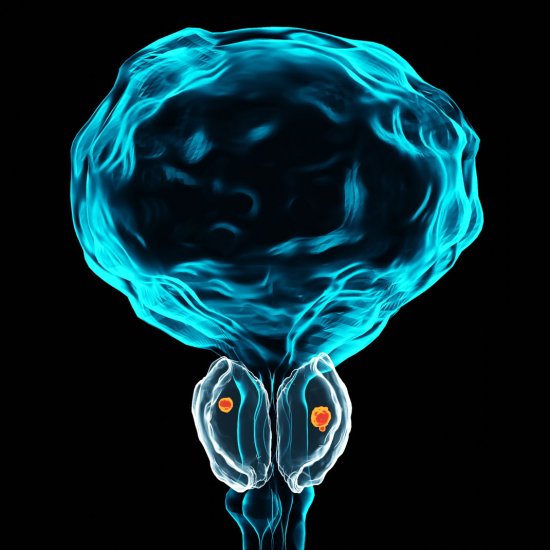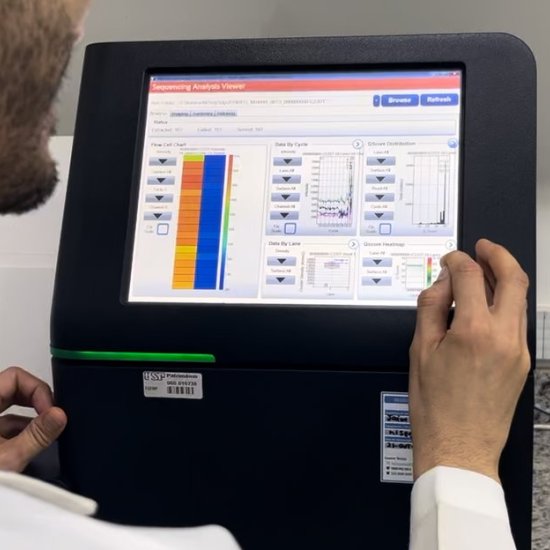
|
|
Alzheimer's disease screening continues to evolve with emerging diagnostic technologies. Blood-based biomarkers show significant potential, but implementation into clinical practice comes with significant challenges, experts emphasize. Additionally, new research reveals how a personalized approach to ventilation can improve intensive care outcomes, AI-based ECG analysis advances cardiovascular diagnostics, radiologists publish a best-practice guide for post-Covid pulmonary imaging. Enjoy reading!
|
|
 |
Article • Blood-based biomarkers under scrutiny
Do laboratory tests using blood-based biomarkers (BBB) represent the next type of universally recommended screening tests for Alzheimer's disease (AD)? Experts curb the high expectations for this type of diagnostic tool. |
News • Proportional assist ventilation (PAV+)
A new ventilation mode called proportional assist ventilation (PAV+) could improve outcomes for patients in the intensive care unit (ICU) who require help breathing, a new study finds. |
|
News • Cardiovascular benefits and risks of CPAP
A treatment commonly used for obstructive sleep apnoea (OSA), lowers the risk of serious cardiovascular events in some patients but not others, according to new research. |
|
News • Prediction of regurgitant valvular heart diseases
A new AI tool has been shown to accurately predict who would go on to develop leaks in the heart valves – conditions known as regurgitant valvular heart diseases, at a very early stage from an ECG. |
|
News • Local impedance mapping
An association between specific electrical patterns and structural characteristics of heart scars after a heart attack could offer a new approach for more targeted and effective arrhythmia treatments. |
|
News • Radiology consensus statement
CT imaging is important to detect residual lung abnormalities after a Covid-19 infection. To avoid confusion with interstitial lung diseases, experts from 14 countries published a best-practice guide. |
|
News • Ultrafast power doppler imaging
A new method to monitor blood flow in the brain helps neurosurgeons detect the risk of a stroke during surgery – and potentially prevent it. This could also be useful for other types of operations. |
|
News • Lifetime risk thresholds for mastectomy
When should preventive mastectomy be offered for women at higher risk of breast cancer? A new evaluation model defines thresholds at which risk reducing surgery should be recommended. |
|
News • Risk of misclassification
Classifying prostate cancer as “low-grade” could create a false sense of security and delay definitive treatments. A new study shows that the biopsy grade alone can paint an incomplete picture. |
|
News • Goodbye to the needle
Some medications can only be taken as an injection, which is often painful, unpleasant and inconvenient for patients. A new transport system could make it possible to swap these injections for pills. |
|
News • Predictive phenotypes
Defining four different immunologic subtypes of recurrent ovarian cancers, researchers pave the way for more personalized treatment. |
|
News • Proteomic-based score
A new AI-based tool measures cancer aggressiveness by analyzing the ‘stemness’ of tumors – their similarity to pluripotent stem cells. This could pave the way for new therapies. |
|
News • Viral persistence in the brainstem
After an infection with the coronavirus Sars-CoV-2, the virus is able to persist at low levels in the brainstem, new research finds. This helps explain some of the enduring neurological symptoms. |
|
News • Center for Deep Tissue Nanoscale Control
In a new joint research center, scientists from Germany and South Korea aim to develop new technologies at the interface of nanoscience, synthetic cell biology, and neuroscience. |
|
|
|
| |
You are receiving this email because you subscribed to our newsletter on healthcare-in-europe If you don’t want to receive this newsletter anymore, click here to unsubscribe.
Keep up-to-date on the latest news from all hospital-related fields!
Subscribe to our bi-monthly newsletter. Copyright © 2026 mgo fachverlage GmbH & Co. KG.
All rights reserved. E.-C.-Baumann-Straße 5, 95326 Kulmbach, Germany
email: newsletter@european-hospital.com |
|



|
|














